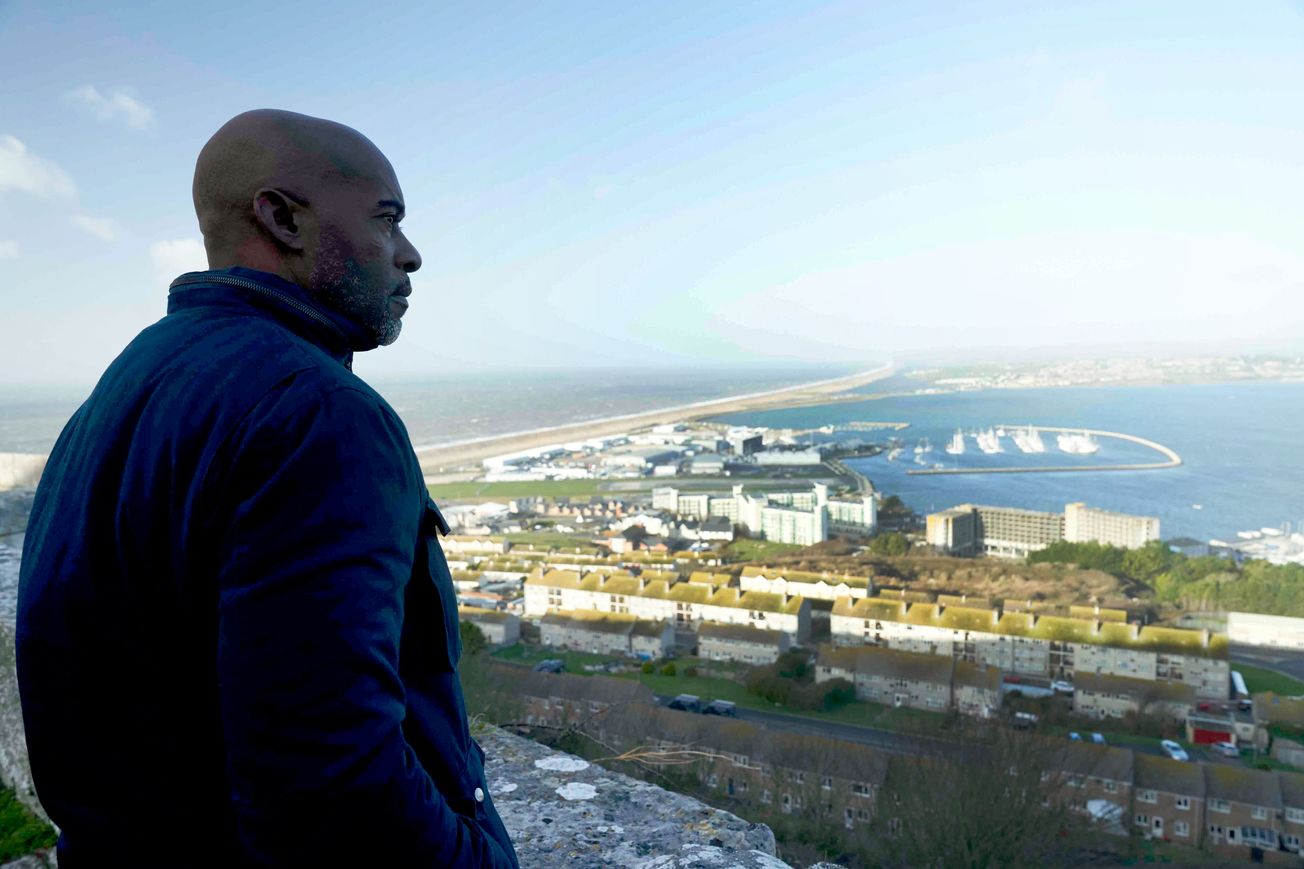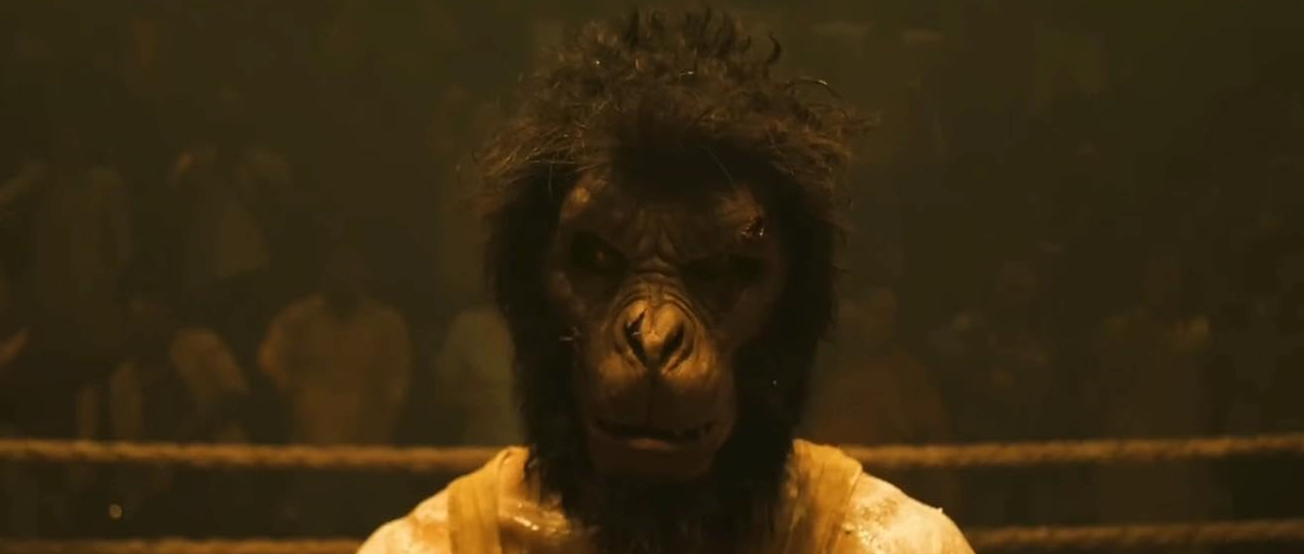By Gemma Blundell-Doyle, First Year, English
If you hadn’t heard of the Windrush scandal in November 2017 when it first hit national headlines or later when it led to the resignation of then Home Secretary Amber Rudd in April 2018, you may have heard of it very recently in an effort to educate yourself about the policies enforced by the British Government that discriminate against BAME people and propagate systematic racism.
You may have also just been watching BBC One’s Sitting in Limbo (2020) on 8th June.
This powerful feature-length drama written by Stephen S. Thompson is based on the real-life ordeal his brother Anthony Bryan went through in the years prior to journalist Amelia Gentleman’s exposé on the Windrush scandal.
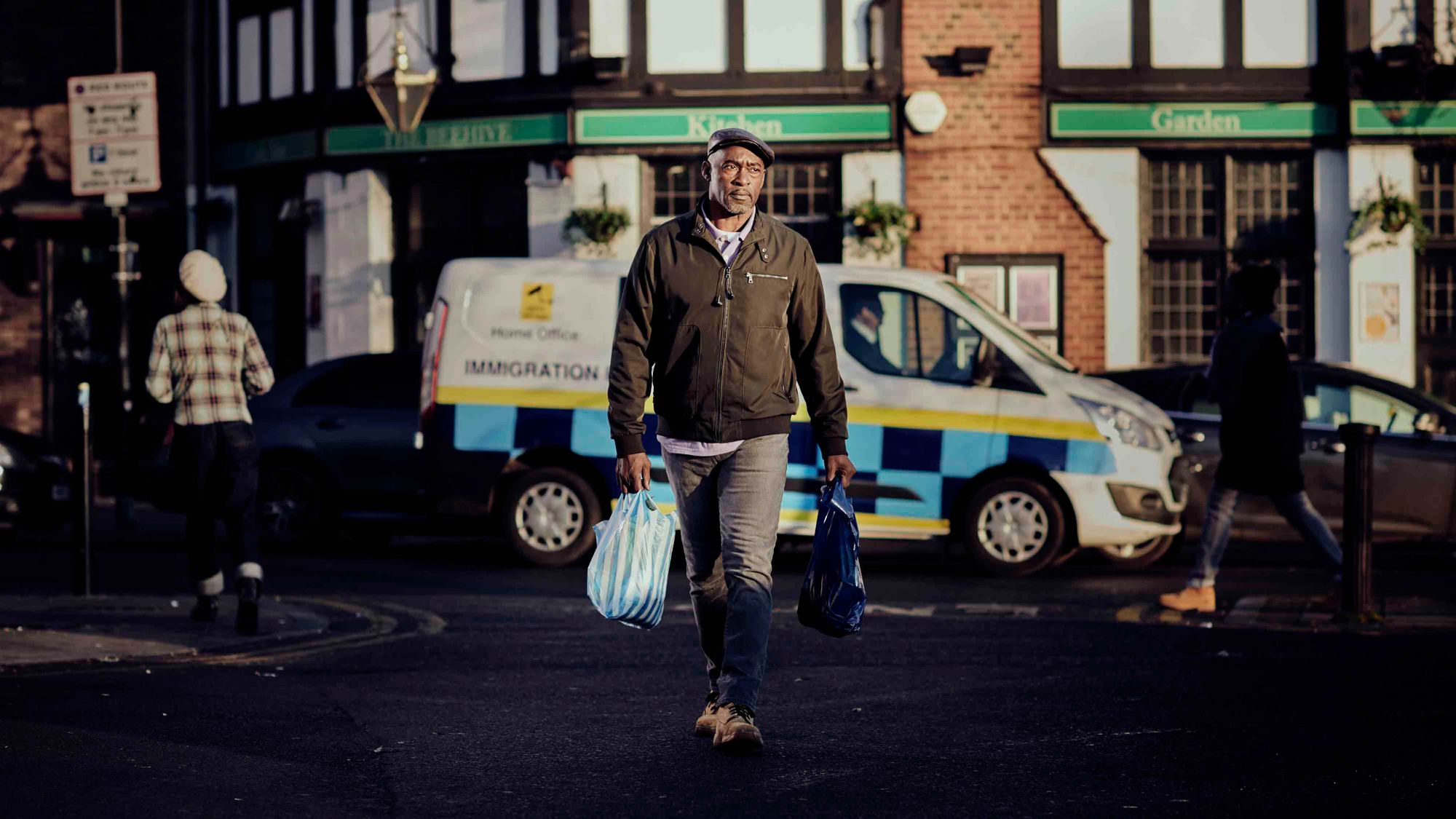
The opening scene establishes the political history of the term ‘hostile environment’ from its first use in 2007 by the Labour government, discussing immigration policy and its role in underpinning the Immigration Act 2014 introduced by the then Home Secretary Theresa May.
This is the legislation responsible for wrecking the livelihoods of Anthony (Patrick Robinson) and his partner Janet (Nadine Marshall). While his ‘right to remain’ was subject to review, his right to work, access to state benefits and use of the NHS was suspended.
This is the legislation responsible for wrecking the livelihoods of Anthony (Patrick Robinson) and his partner Janet (Nadine Marshall)
These sanctions left him destitute and while the government sought to invalidate his British citizenship, it was the sustained efforts of his family and friends to keep him financially and mentally afloat that remain testament to a life anchored in the promises of post-war Britain.
The burgeoning anti-foreigner sentiment that has been all too present in Britain’s recent political landscape is reflected in the show’s montage of video and audio clips of then Prime Minister David Cameron and Home Secretary Theresa May, who propel the narrative of immigration as a parasitic force.
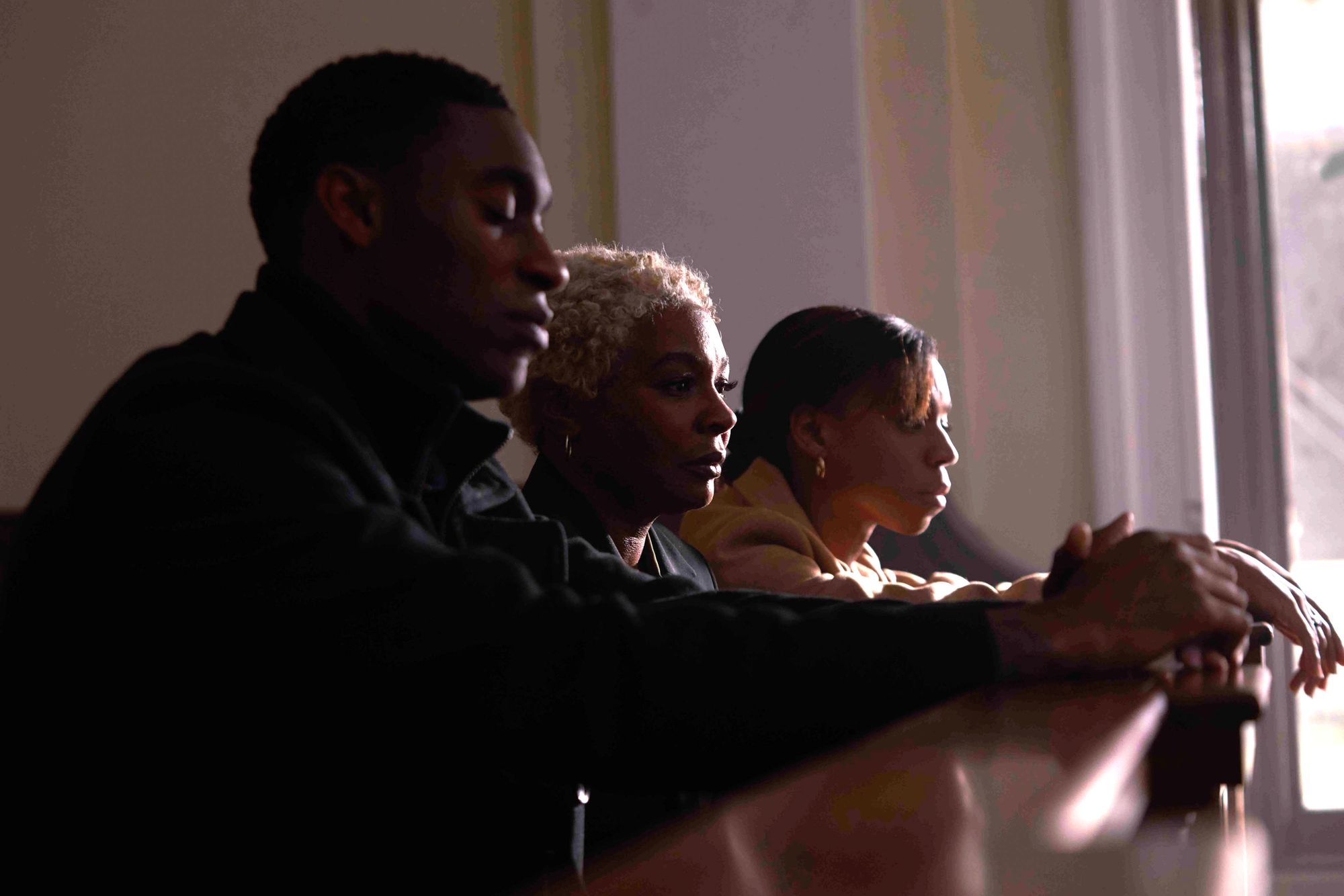
Moments later, as the camera sweeps through a bustling living room with a warm colour palette and relaxed reggae music playing, it is hard to shed the feeling this blissful congregation celebrating Anthony’s birthday will soon be a distant memory.
As Anthony makes his way to work, our view of him is obscured by the passing of a looming Immigration Enforcement van. The ‘hostile environment’ is so subtly created that when Robinson’s eyes widen as Anthony is laid off – and receives the news that his right to work has been suspended – it is hard to ignore the sense of a conspiracy against him. In line at the Immigration Office, someone holds a copy of The Sun with the headline reading: ‘BELEAVE IN BRITAIN’.
When Robinson’s eyes widen as Anthony is laid off it is hard not to sense the sense of a conspiracy against him
Robinson plays Anthony as stoic in the face of relentless and humiliating attempts to prove his legitimacy as a British citizen – in one instance he is even asked to take a paternity test. When he is unlawfully detained for the second time, and served a deportation order, Robinson droops his head in exhaustion, as he sighs to Janet: ‘What’s the point? What am I fighting for? They’ve made it clear they don’t want me here’.
Marshall’s portrayal of Janet, who refuses to accept the unjust treatment of Anthony, is captivating. When he is dragged from his home like a criminal in the early hours of the morning, she rails at the absurdity of the situation. Crouching on the floor in her dressing gown, spreading out the pile of family photos gathered as evidence, she appeals to the humanity of the four border officers that have invaded her home to no avail.
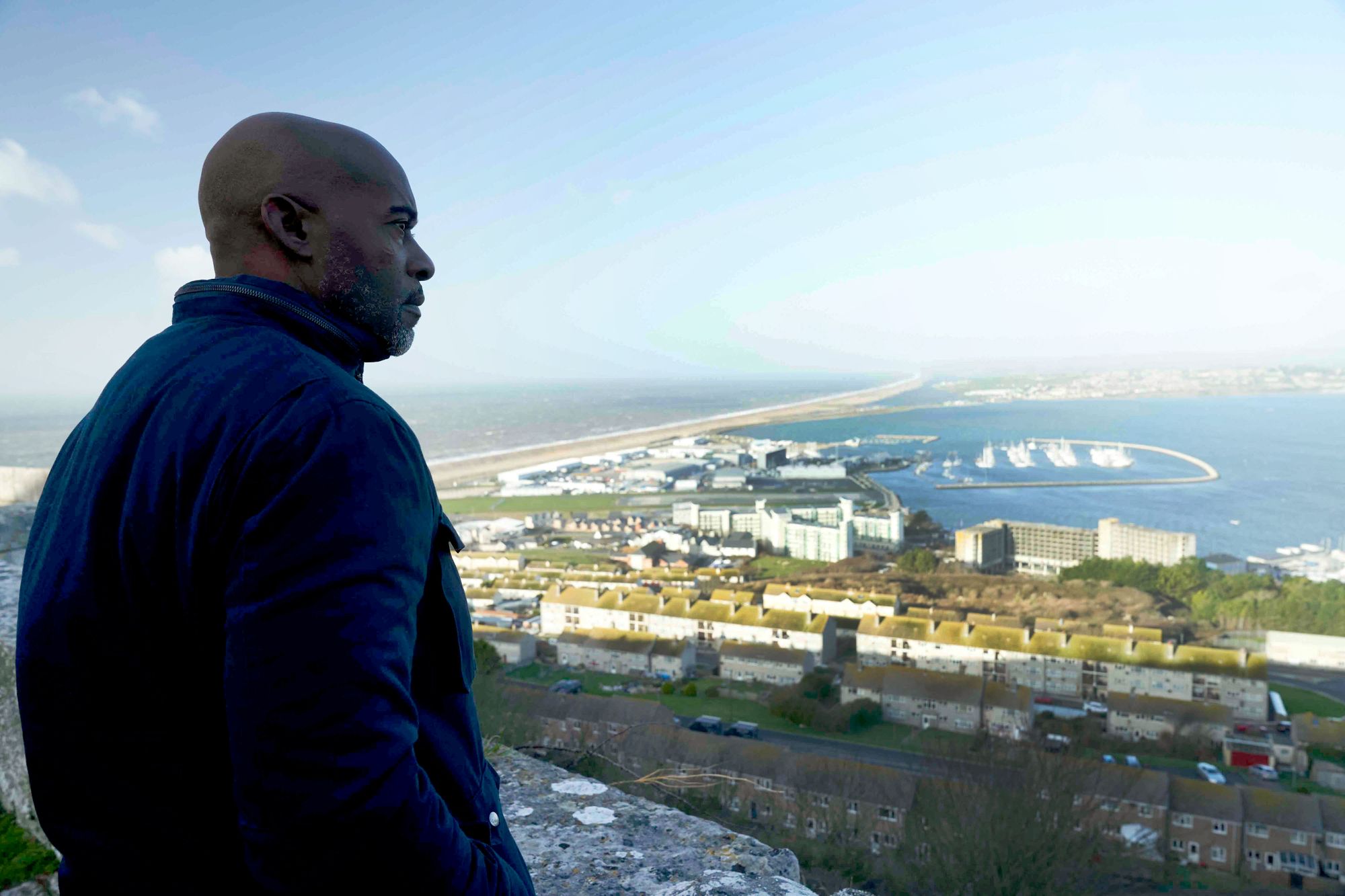
With the knowledge of the Windrush scandal, it cannot be denied Anthony was targeted because of his race. The only time this is verbalised during the 86-minute runtime is during the penultimate scene. When asked at the Joint Committee on Human Rights in May 2018 if he thought his treatment could be attributed to a particular factor, Marshall plainly states that he was targeted for the ‘colour of [his] skin’.
Sitting in Limbo exposes the intersection of racism, state institutions and incarceration. When examining the historical trajectory of the Caribbean diaspora, it is clear the way British society has been constructed and continues to be altered by a government which has a racial hierarchy. Thompson’s work serves as a hard-hitting reminder of something we must now confront.
You can watch Sitting in Limbo on BBC iPlayer here.
Featured: BBC / Left Bank Pictures / Des Willie
Have you seen Sitting in Limbo? What do you think? Let us know!

